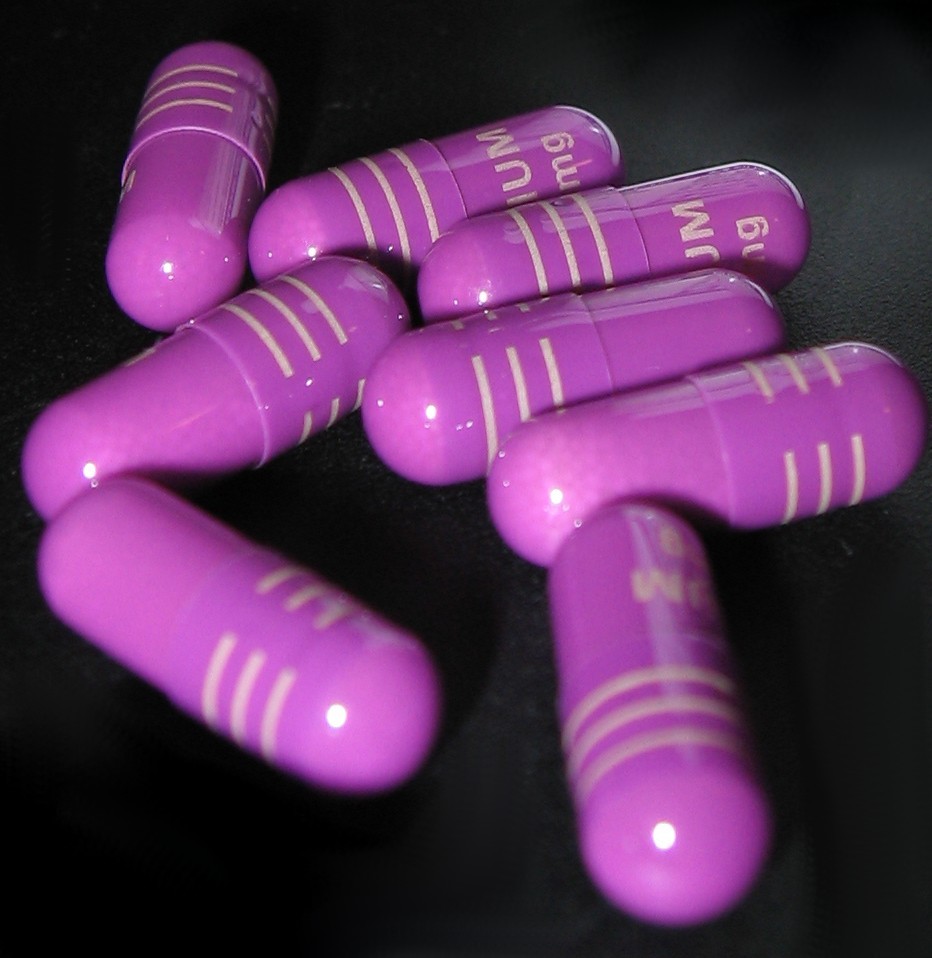Prior research studies have found that prolonged use of proton pump inhibitors (PPIs) is linked to a higher risk for dementia, cardiovascular diseases and renal failure. Scientists however, have failed to understand why. Until now. A study published in the journal Circulation Research may have the answer, scientists now say: vascular cells that have been regularly exposed to PPIs caused a buildup of cellular waste in cell linings, ramping up how fast blood vessels age.
John P. Cooke, lead author on the study and chair of Cardiovascular Disease Research at the Houston Methodist Research Institute, told Fox News that, “I’m perplexed that the pharmaceutical industry didn’t run across this first. This is something that should have been apparent a long time ago and should have been investigated.”
About one in 14 Americans uses over-the-counter PPI medications to treat gastroesophageal reflux disease (GERD), also known as heartburn or acid reflux. Said to be the most effective treatment for GERD, PPI meds are FDA-approved to be used four weeks at a time. But other studies have suggested that up to 70% of PPI use may be harmful.
Cooke was part of a team that did a 2013 study showing that PPIs lower nitric oxide in endothelial cells which are the blood cell linings. This can have a negative effect on cardiovascular health. Cooke likewise worked on a 2015 study that showed a link between chronic PPI use to an increase in heart attack by at least 20%.
We now have a plausible mechanism that unifies how PPIs are associated with heart attack, vascular dementia and renal failure.
For this study, Cooke and his team exposed endothelial cells to the PPI esomeprazole, to a second PPI not widely available, and to an H2 blocker which is also a GERD treatment. The cells that were exposed to the PPIs looked like “fried eggs,” Cooke said.
The results were unexpected, and Cooke and his team decided to find out what was making the cells age quickly. The researchers used a beta-gel stain to check the markers for aging. They found that while H2 blockers had no effect on the aging process, the PPIs impaired tiny organisms called lysosomes, which in effect are garbage disposals.
“We also saw the telomeres shortening— they’re on the tips of chromosomes and like our biological clock,” Cooke added. “Those vascular cells couldn’t proliferate or divide as well, and that’s necessary for repairing a wound in the vessel.”
Previous studies have linked free radical generation and telomere shortening with quick cell aging. This can be linked to age-related conditions such as Alzheimer’s, dementia and other cardiovascular diseases.
While the results of this study are certainly provocative, Cooke said that further trials and research are necessary to see the extent of potential harm that chronic, prolonged use of PPIs may have and other implications on overall human health.
























